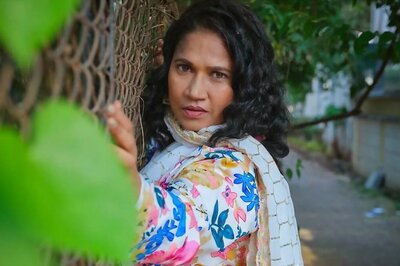
views
BANGALORE: The art science team from the Srishti School of Art, Design and Technology, Bangalore won the best Human Practice award at the prestigious International Genetically Engineered Machines (IGEM) competition at MIT in Boston - repeating at the international level, its regional win in Hong Kong.At IGEM, undergraduate teams from around the world compete to build innovative genetic devices in living cells, applying synthetic biology to solve problems in areas such as environment, energy, health, and foundational research. India was represented by teams from Bangalore, Chennai and Vellore.Over 46 teams from the Asia pacific region participated in the Asian regional competition organized at the Hong Kong university of Science and Technology, Hong Kong and 18 teams, including IIT Madras and the team from Srishti advanced to the World Championship held at MIT, USA on November 5 to 7.The Srishti team looks at the environmental consequences of genetic engineering and also the ways in which local communities can engage in the practice of science. A team of twelve art and design students, Sohil Bhatia, Pranav C Raman, Sidharta Guha Thakurta, Biswajith Manimaran, Damyanti Choudhary, Prakrithy Pradeep, Madhul Singh, Achala Athreya, Akshaya Maria Thomas, Manasa Thimmiya, Anvita Alok Goenka and Aaron Joseph worked with scientists from the National Centre for Biological Sciences through the summer of 2011. They worked at the labs at NCBS and also built their own community lab, which would enable ordinary citizens to engage with the life sciences.This is the second time students from Srishti have won at the prestigious IGEM competition at MIT. They have won acclaim from both the arts and science communities for their unique work which explores the intersection between the two disciplines. The students were guided by Yashas Shetty from the Srishti School of Art, Design and Technology and Mukund Thattai and his graduate assistant, Navneet Rai from NCBS.A team of students from the Srishti School of Art, Design and Technology were awarded a silver medal at the Bio-molecular Design competition (BIOMOD) held at the Wyss Institute at Harvard University. Through the summer, the students worked with scientists, artists designers and even chefs to design, build and prototype a molecular nano-computer built with DNA.




















Comments
0 comment